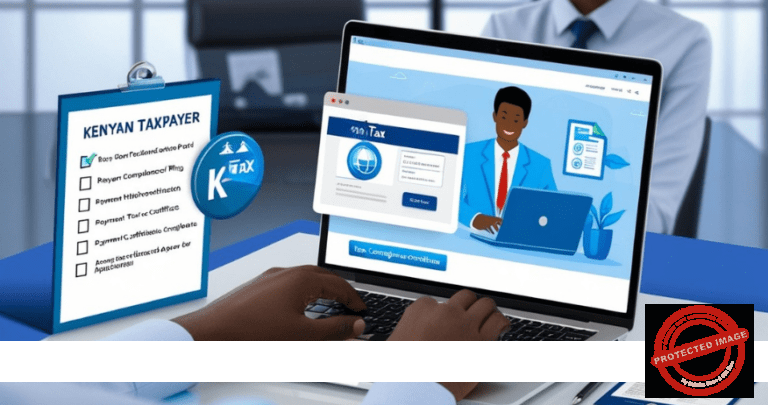Taxpayers and governments have a complicated relationship characterised by obligations and responsibilities for both parties.
By contributing taxes for the maintenance and provision of public services like as education, healthcare, infrastructure, and social safety nets through the payment of taxes, taxpayers contribute to the day-to-day operation of society.
Affiliate Disclosure: This post may contain affiliate links – I may receive a small commission if you purchase through links, at no extra cost to you. Read HERE.
Equally, governments ensure the effective and timely provision of public services and the collection of tax revenues in a timely and fair manner.
Taxpayer Obligations and Rights
Tax laws give taxpayers several rights, including the right to be informed about their tax duties, the right to fair treatment from the tax commissioner, and the right to appeal tax assessments if they believe they are inaccurate.
In addition, taxpayers must fulfil certain obligations, such as submitting their tax returns on time and paying correct tax amounts on time.
Tax Policies
Governments craft tax policies with input from taxpayers and tax commissioners. These decisions are important because they guide the direction of the tax industry in a country.
Equally, tax policies in the country can largely influence the decisions that taxpayers make regarding their earned income, discretionary income, savings, and investments. This will have a big impact on their lives. Tax policies have the potential to affect economic growth in the country, the creation of jobs, and improve income inequality.
Tax Burden
A tax burden is the amount of tax that each taxpayer has to bear. The amount of tax paid by each taxpayer can change depending on many things. For example, the income earned, the type of income, and the location determine the tax paid. In society, some taxpayers may perceive that they disproportionately bear higher amounts of tax burden. Other taxpayers may believe that the current tax system is fair and equitable.
Taxpayer Advocacy
Many taxpayers do not know their rights and obligations. Hence, taxpayer advocacy groups are an essential component in safeguarding taxpayers’ obligations and rights and ensuring that governments are held accountable for the tax policies they craft and implement. The organizations may engage in taxpayer education, lobbying, and legal representation to advance taxpayers’ interests.
Tax Reforms by Governments
There is nothing in this world that remains fixed forever. Every country experiences various changes in its economic, political, social, and other environments. Therefore, continuous implementation of tax reforms by governments is an essential component in the tax industry.
This will assist the government in addressing various economic and tax challenges, encouraging growth, and improving equitability in the tax system. These reforms may involve modifications to tax deductions, tax rates, tax exemptions, or the structure of the entire tax system.
Taxpayer Services
The provision of taxpayer services is intended to assist taxpayers in improving tax compliance by following the tax rules, regulations, and legislation. Services provision is a prevalent practice among many governments across the globe.
Examples of some of the services provided by the government include care centres, tax compliance software, and education programs on taxes and financial matters related to taxes for taxpayers.
Technology in Government – Taxpayer Relationships
We live in an era of technology, and technological advancements have made it easier for governments and taxpayers to fulfil their obligations. This has revolutionised the way this interaction takes place.
For example, electronic payment systems, digital portals, and online tax filing have all contributed to simplifying the process of submitting tax returns, making tax payments, and accessing tax information. However, the growing reliance on technology has given rise to severe private data security concerns.
Opportunities and Challenges
Several difficulties are associated with the relationship between taxpayers and governments. The errors found in tax administration, together with tax evasion and tax avoidance activities, strain the relationship between the government and taxpayers. These errors can also create opportunities that can damage public trust.
However, there are many opportunities for governments to improve taxpayers’ experiences. Improvements can be achieved by providing efficient services, improving communication between taxpayers and the tax commissioner, implementing equitable tax policies, etc.
Transparency and Accountability
Building trust between taxpayers and governments requires transparency and accountability, which are necessary for any tax system. Governments must be transparent about the tax policies they craft and implement, how they use the money they collect from taxes, and the measures taken to combat tax avoidance and evasion.
The government should inform everyone about their obligations and rights. Taxpayers should be ready and willing to hold their governments accountable for activities and actions in the tax industry.
Conclusion
In conclusion, the relationship between taxpayers and governments is complicated. This relationship has obligations and responsibilities for both parties. The taxpayers and the governments need to understand their obligations, rights, and policies that influence this relationship to guarantee a tax system that is fair and effective.
Taxpayers and governments are responsible for creating a prosperous and fair society. This is possible if they work together and efficiently handle the difficulties and responsibilities arising from this relationship.







